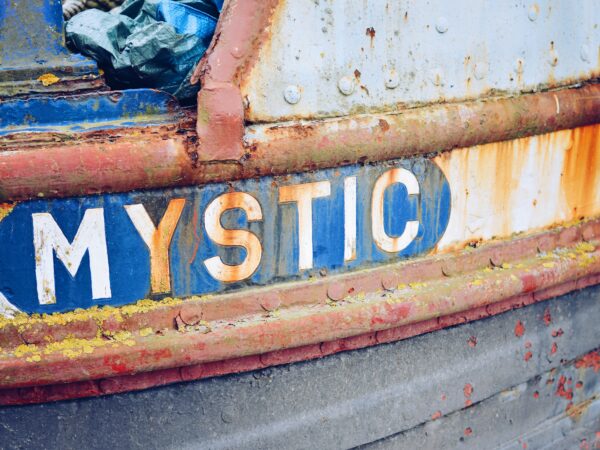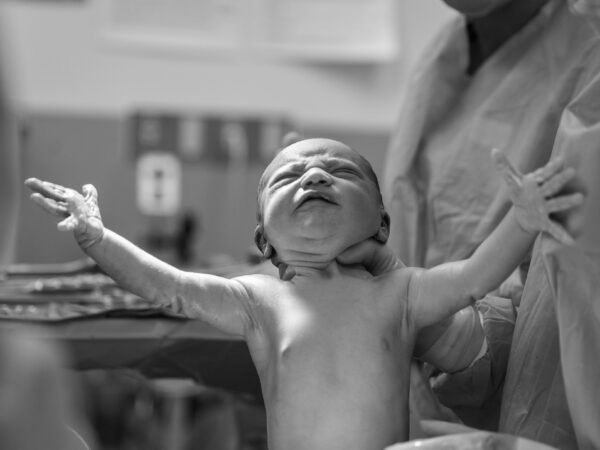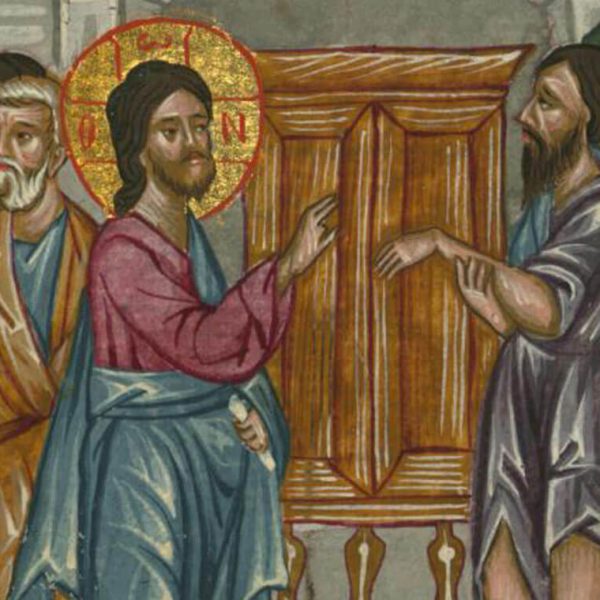
Is the new materialist language of agential realism really an instance of what Niklaus Largier calls figuration? How did we transition from a use of the term “agent,” meaning conduit or receptive tool, an actor moved by an other, to the term “agential,” meaning immanent to itself, meaning matter that has its own imagination, even its own desire? Largier’s brief investigation of new materialist language in chapter six of Figures of Possibility ultimately serves as a provocative digression, a counterexample underscoring the overall thrust of his book.
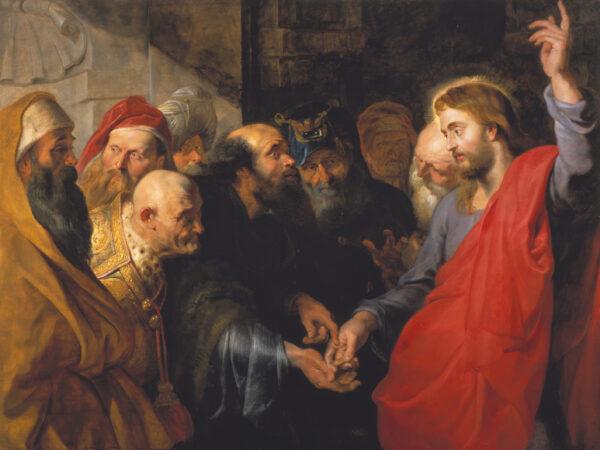
The triangulation of money, sovereignty, and divinity is a good point of entry to study the mutual constitution of theological and political concepts and the questions about ultimate value and social form that they raise.
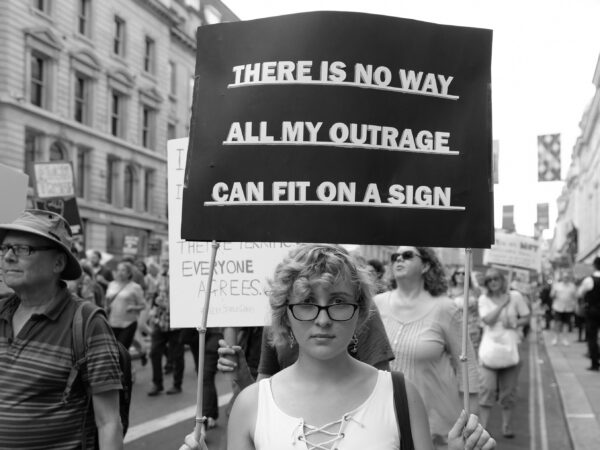
What is still nascent… is an explicit conversation between political theology and critical theories of affect, particularly in a way that might contribute to constructive projects. The sort of political theology that might emerge from such collaboration would consider how affective regimes intersect with theological constructions or religious performances.
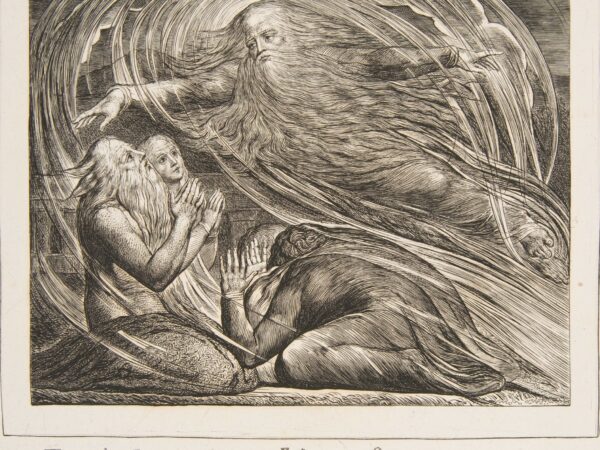
For me, “political theology” thus names the study of the ways that imagination is embedded in sentient, desiring bodies, instantiated in vernacular forms of life and ordinary (ritualized) practices, and conjured in mytho-poetic metaphors, images or representations that are formalized by literary genres and assembled into scriptures.
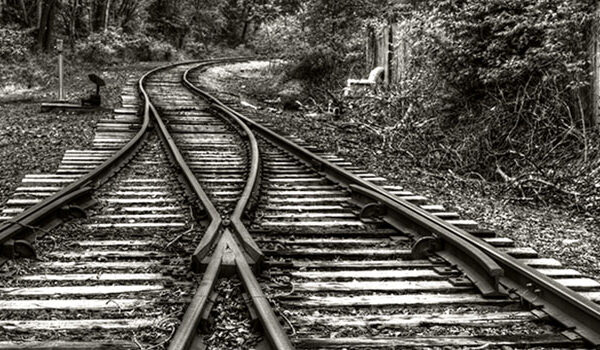
…dialogues between these two disciplines have revolved around anthropology’s socially situated “is” and theology’s normative “ought,” asking how these disciplines can take what they are allegedly missing from each other. In this way, anthropology and theology recapitulate a much broader divide between religion (as a moral realm) and science (as a purely descriptive domain). This division is fairly recent, growing up since the late nineteenth century (Numbers 2010), but it is now part of our common-sense. I want to question this division in what follows.
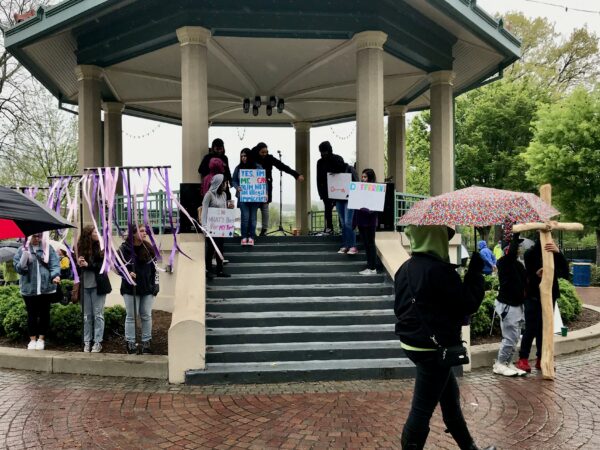
A common denominator among most scholarship on the relationship between theology and anthropology is lack of specificity around which and whose anthropology and theology we’re talking about. This overly generalized frame has privileged white, male, Eurocentric intellectual traditions and misses the generative possibilities of a more specific interdisciplinary exchange.

Combinations of theology and anthropology have been criticized for losing track of what theology ought to be about. Yet this loss might be precisely what enables scholars to understand political practices which point towards that which escapes both the theological and the anthropological grasp—a pointer which could be crucial to fashion solidarities that connect faiths in the pursuit of justice.
